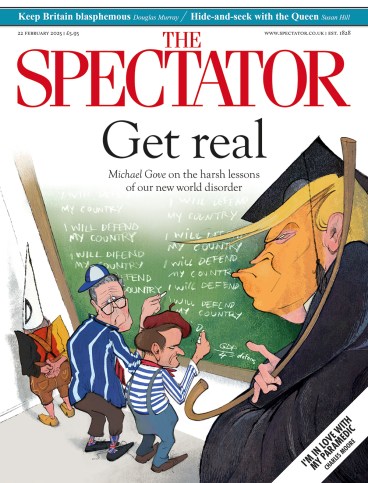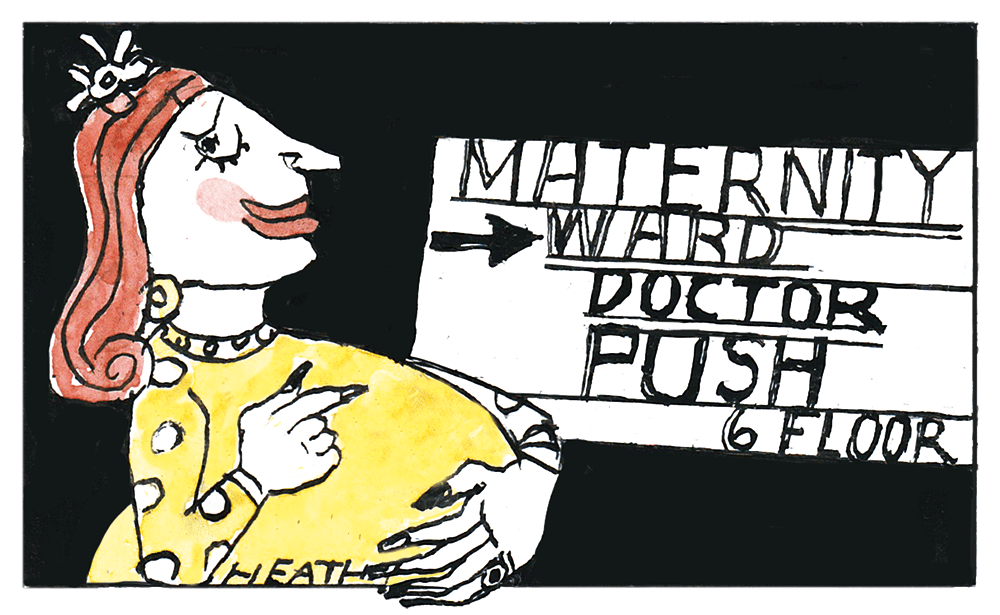
In 2015, an orthopaedic surgeon called Limb, with three other doctors called Limb, wrote a paper on whether people’s names were correlated with their medical specialties. The findings were striking.
In general surgery there were practitioners called Gore, Butcher, Boyle and Blunt. In cardiology, Hart and Pump. In anaesthesia there was a Payne but also a Painstil.
For the 313,445 entries in the medical register that they examined, the median frequency of names relevant to medicine was one in 149 – but in neurology, one in every 21 doctors had a name relevant to medicine. In genito-urinary medicine, one in 52 had a relevant name. The authors admitted that specialties with the largest proportion of relevant names benefitted from the wide range of alternative English terms for the same anatomical parts and their functions, as in urology’s Cox, Ball, Dick, Waterfall.
Limb et al were aware of an article on incontinence in the British Journal of Urology (1977), authored by Splatt and Weedon. It had featured at the beginning of a long series in the New Scientist that began in 1994. A letter to the magazine in that year from Professor C.R. Cavonius (1932-2003) seems to have first applied the term nominative determinism to this phenomenon by which one’s name is deemed to influence one’s choice of occupation or personal characteristics.
Thus Walter Brain, the 1st Lord Brain, edited the learned journal Brain from 1954 to the day of his death in 1966. Igor Judge, who died in 2023, did become a judge, but was never known as Judge Judge, being Mr Justice Judge in the High Court. In 2023, Thetford was given a Bishop Bishop.
But the Conservative MP Michael Lord defied determinism in 2011 when he was ennobled, deliberately taking the title Lord Framlingham, not Lord Lord. Since 2020, the President of the Royal Horticultural Society has been Keith Weed; but he has been lots of other unweedy things, notably Unilever’s chief marketing officer.
It is not that such correlations hadn’t been noticed before. The American columnist Franklin P. Adams was credited with applying in 1920 a new term aptronym (an ill-formed word derived from apt-and-nym) to a name regarded as (humorously) appropriate to a person’s profession or characteristics, such as Mr Glass the glazier. Ho, ho.
It seems to me that this is close to the names in Happy Families, the card game invented by John Jaques in 1851. His families included Mr Bones the butcher, Mrs Bung the brewer’s wife, Master Grits the grocer’s son and Miss Tape the tailor’s daughter. This sort of denomination harks back to a convention of stage character names like those used by Ben Jonson: Sir Epicure Mammon the gourmand, Fly the potman. But that is different from a man called Fly growing up to become a potman. Detecting real-life nominative determinism often attracts confirmation bias: one disregards unrewarding examples.
A reader has pointed out the suitability of my name for my hobby of examining words. But it could not be a case of nominative determinism, for my maiden name was Blount – unless I fell for my husband attracted by his surname. That might explain a lot.







Comments